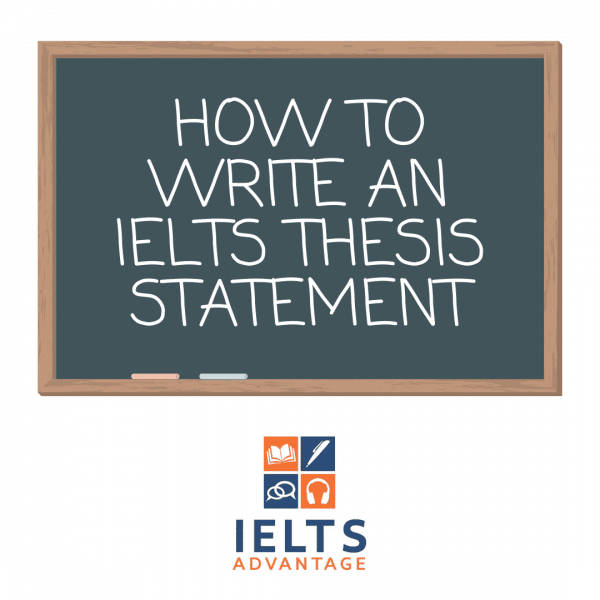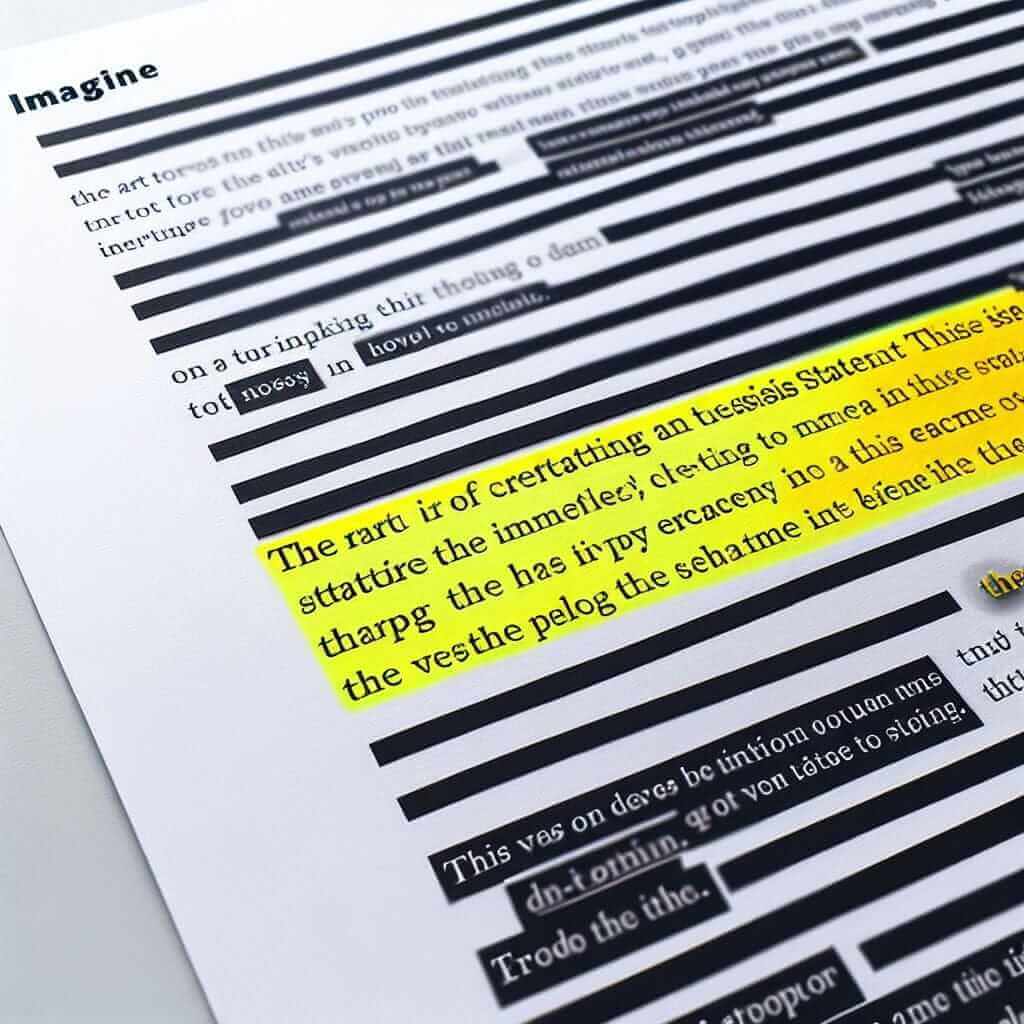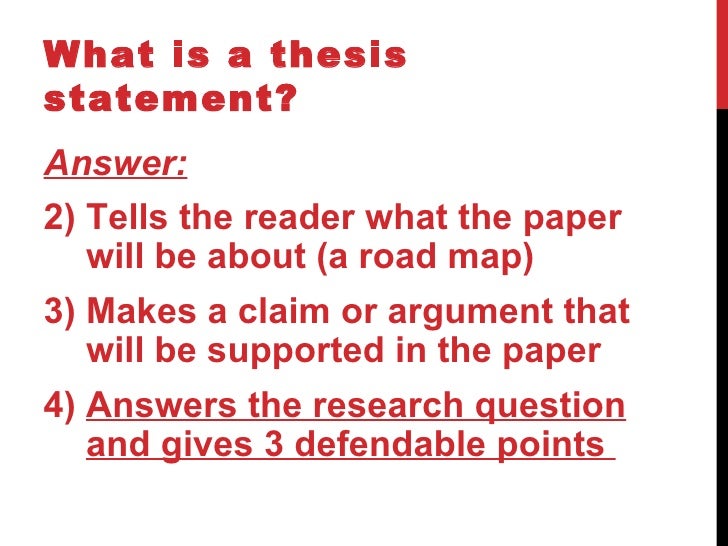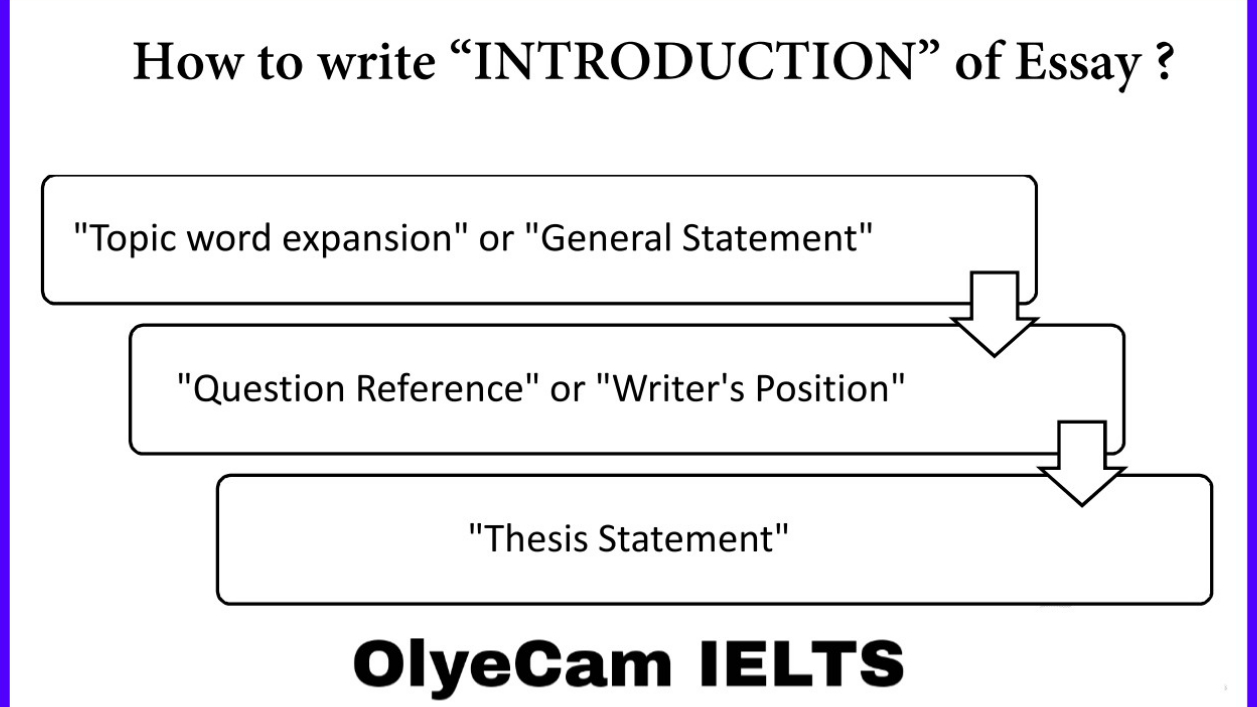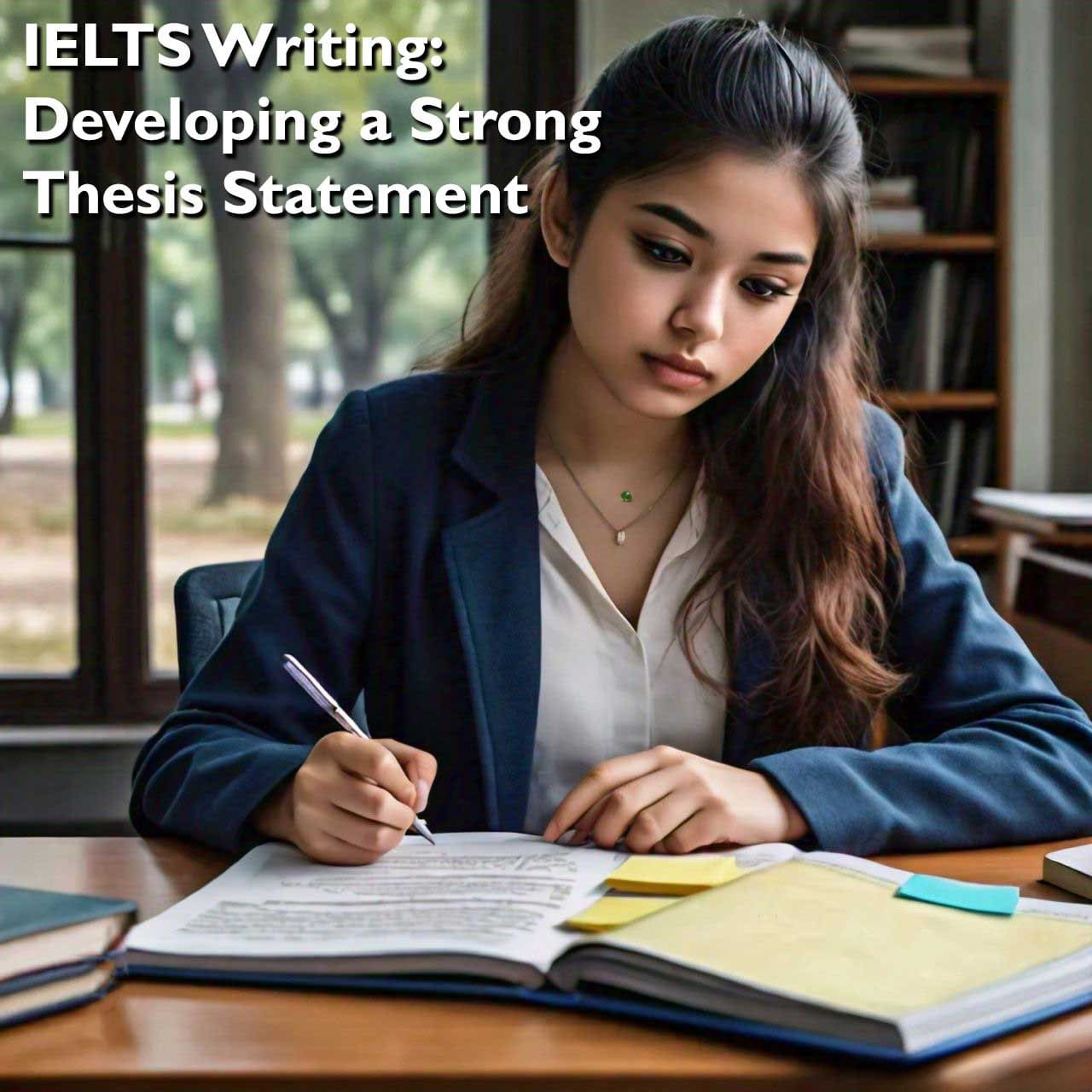How To Write Thesis Statement Ielts

For countless individuals aspiring to work or study abroad, the International English Language Testing System (IELTS) stands as a crucial gateway. However, many test-takers find themselves struggling with a seemingly small yet vital component: crafting a strong thesis statement for the writing section. This single sentence can significantly impact the overall score, making it a point of intense focus and, for many, considerable anxiety.
A well-constructed thesis statement in the IELTS writing task acts as a roadmap for the entire essay. It not only clarifies the writer's position on the given topic but also outlines the key arguments they will present to support that position. Mastering this skill is not merely about grammatical correctness; it is about demonstrating critical thinking, analytical abilities, and the capacity to articulate a clear and persuasive argument, qualities highly valued by examiners.
Understanding the Core Components
A typical IELTS essay question requires test-takers to express their opinion on a specific issue. Therefore, a strong thesis statement must directly address the question and state the writer's viewpoint unequivocally. Examiners are looking for clarity and directness, not ambiguity or hedging.
The thesis statement should also provide a preview of the main arguments that will be discussed in the body paragraphs. These arguments should be distinct and relevant to the overall topic, demonstrating a thorough understanding of the prompt.
For example, if the question asks, "To what extent do you agree or disagree that technology has improved communication?", a suitable thesis statement might be: "While technology offers unprecedented opportunities for communication, its detrimental effects on face-to-face interaction and the spread of misinformation demonstrate that it has, overall, diminished the quality of human connection." This statement clearly presents the writer's disagreement and highlights the two main arguments: reduced face-to-face interaction and the spread of misinformation.
Common Mistakes to Avoid
One common mistake is writing a thesis statement that is too broad or vague. Examiners need to see a specific and focused argument, not a general observation. Avoid using phrases like "some people think" or "this essay will discuss," as these add no value to the statement.
Another frequent error is simply restating the question without taking a clear position. This demonstrates a lack of understanding of the task and an inability to formulate a coherent argument. The thesis must be an assertive statement that reflects the writer's unique perspective.
Finally, some test-takers make the mistake of including too many arguments in their thesis statement. While it is important to provide a preview of the main points, overloading the statement with too much information can make it confusing and difficult to understand. Aim for two or three clear and concise arguments.
Expert Advice and Preparation Strategies
According to IELTS Advantage, a popular resource for test preparation, practice is key to mastering the art of writing effective thesis statements. Students should analyze sample questions and practice formulating different thesis statements for each one.
Liz, a seasoned IELTS instructor with over 10 years of experience, recommends focusing on brainstorming ideas before attempting to write the thesis statement. "Spend a few minutes generating a list of arguments for and against the topic. This will help you identify your position and the key points you want to emphasize in your essay," she advises.
The British Council, one of the co-owners of IELTS, offers various resources and practice materials on its website. These include sample questions, model answers, and tips for improving writing skills.
Analyzing Sample Questions
Consider the question: "Some people believe that unpaid community service should be a compulsory part of high school education. To what extent do you agree or disagree?" A strong thesis statement could be: "While compulsory community service may offer some benefits, such as developing empathy and promoting civic responsibility, I believe that it infringes upon students' autonomy and may not be as effective as voluntary participation."
Notice how this statement clearly states the writer's disagreement and provides two supporting arguments: infringement upon autonomy and potential ineffectiveness compared to voluntary service.
Another example: "The increasing use of mobile phones and computers has had a negative effect on young people’s reading and writing skills. To what extent do you agree or disagree?" A well-crafted thesis statement might be: "While mobile phones and computers offer access to vast amounts of information, their addictive nature and tendency to promote abbreviated language have, indeed, contributed to a decline in young people's reading and writing abilities."
The Future of IELTS and Writing Assessment
The IELTS exam is constantly evolving to reflect changes in language use and assessment practices. While the core principles of writing a strong thesis statement remain the same, examiners are increasingly looking for candidates who can demonstrate critical thinking skills and a nuanced understanding of complex issues.
Staying updated on the latest assessment criteria and practicing with authentic materials is crucial for success. The ability to articulate a clear and compelling argument through a well-constructed thesis statement will continue to be a key differentiator for high-scoring IELTS candidates.
As the demand for English proficiency continues to grow, mastering the skill of writing a compelling thesis statement will not only help individuals achieve their desired IELTS score but also equip them with valuable communication skills that are essential for success in academic and professional settings.


